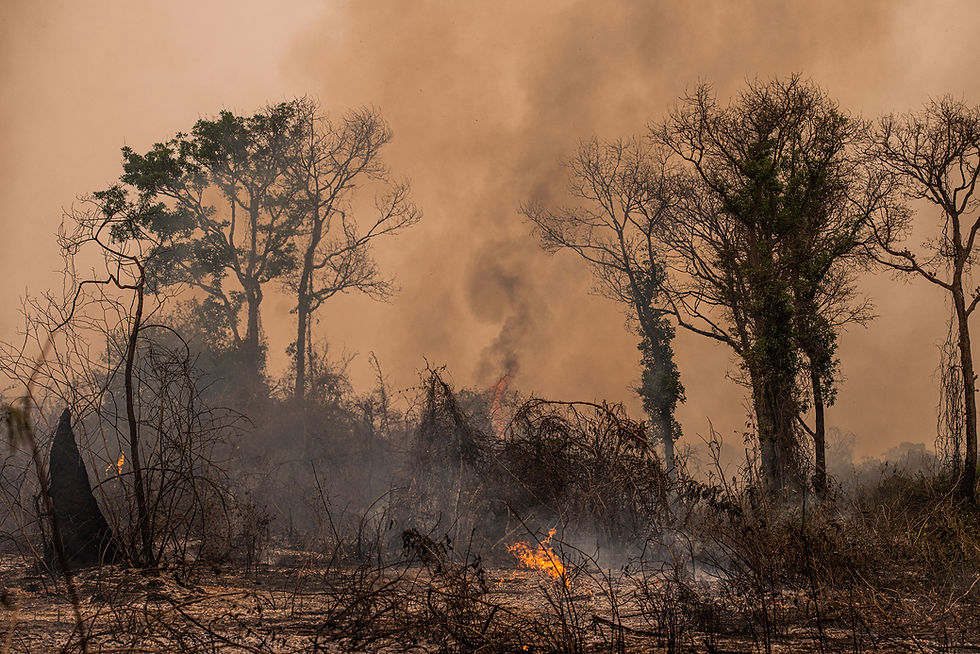Alligator in Seven Oaks
- Wesley Chapel Community
- May 22, 2018
- 2 min read
Watch as this alligator walks down a Seven Oaks sidewalk a few weeks ago as captured and submitted to Ring.com.
Alligators and People
Alligators are a fundamental part of Florida’s wetlands, swamps, rivers and lakes, and they are found in all 67 counties. Florida continues to experience human population growth. Many new residents seek waterfront homes, resulting in increased interactions between people and alligators. Although most Floridians understand that we have alligators living in our state, the potential for conflict exists. Because of their predatory nature, alligators may target pets and livestock as prey. Unfortunately, people also are occasionally bitten. Since 1948, Florida has averaged about five unprovoked bites per year. During that period, a little more than 300 unprovoked bites to people have been documented in Florida, with 22 resulting in deaths. In the past 10 years, the Florida Fish and Wildlife Conservation Commission has received an average of nearly 16,000 alligator-related complaints per year. Most of these complaints deal with alligators occurring in places such as backyard ponds, canals, ditches and streams, but other conflicts occur when alligators wander into garages, swimming pools and golf course ponds. Sometimes, alligators come out of the water to bask in the sun or move between wetlands. In many cases, if left alone, these alligators will eventually move on to areas away from people.
Safety Tips
Generally, alligators less than four feet in length are not large enough to be dangerous unless handled. However, if you encounter any alligator that you believe poses a threat to people, pets or property, call the Nuisance Alligator Hotline at 866-FWCGATOR (866-392-4286). Please be aware, nuisance alligators are killed, not relocated.
Be aware of the possibility of alligators when you are in or near fresh or brackish water. Bites may occur when people do not pay close enough attention to their surroundings when working or recreating near water.
Do not swim outside of posted swimming areas or in waters that might be inhabited by large alligators. n Alligators are most active between dusk and dawn. Therefore, avoid swimming at night.
Dogs and cats are similar in size to the natural prey of alligators. Don’t allow pets to swim, exercise or drink in or near waters that may contain alligators. Dogs often attract an alligator’s interest, so do not swim with your dog.
Leave alligators alone. State law prohibits killing, harassing or possessing alligators. Handling even small alligators can result in injury.

%20(5).png)

























Comments